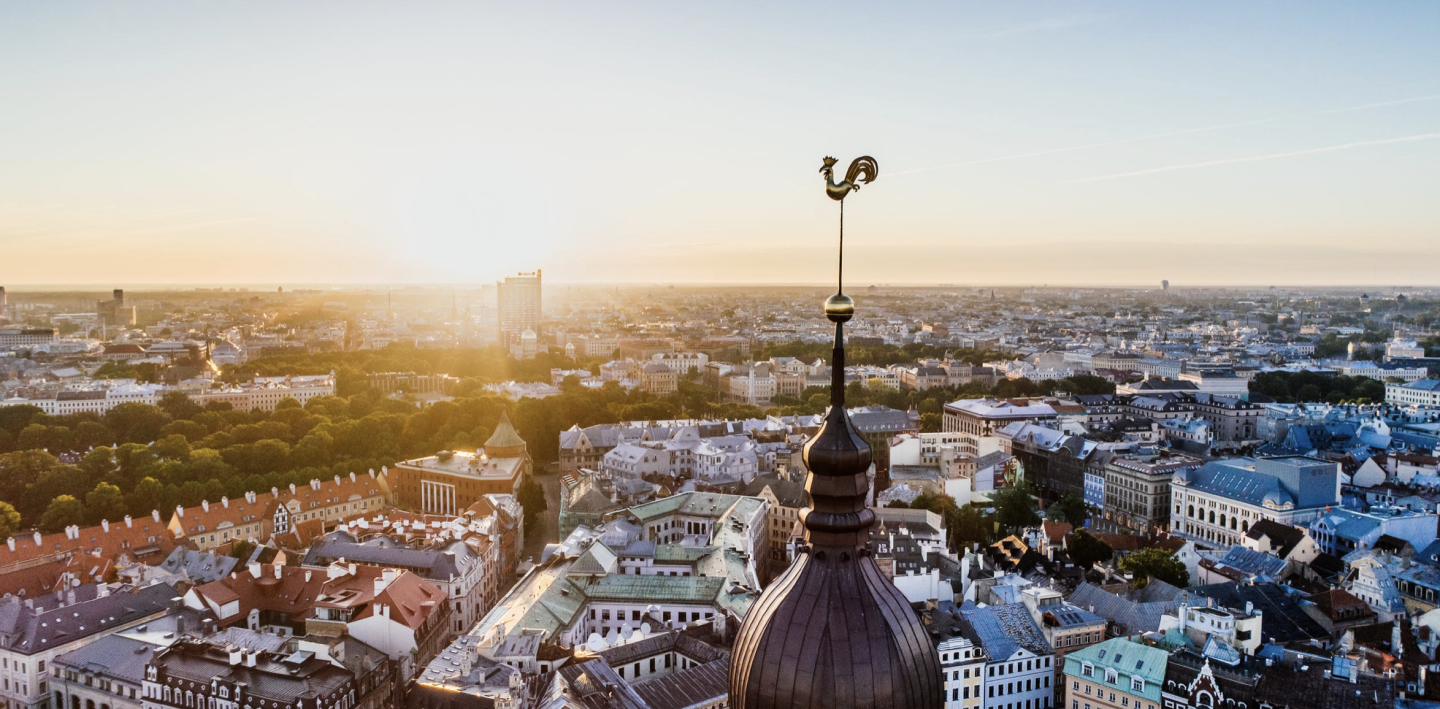The first workshop, held on 24th January, was dedicated to microhubs and consolidation centers, during which GRETA partners presented solutions tested in Maribor, Poznan and Reggio Emilia. All three cities face similar challenges, namely pedestrian areas in the city center, with restricted deliveries and have therefore approached logistic operators, local public authorities as well as shop owners and service providers to test the solution of microhubs for the transshipment of goods from conventional to green delivery vehicles for the last mile delivery.
During the workshop, further examples of similar initiatives were provided: the DISCO project (HORIZON Europe Programme) presented the multifunctional microhub in Helsinki where an existing underground loading zone of a shopping center is now used the transshipment of goods via cargo bikes and delivery robots. Similar solution is being studied in Lyon, through the MED Colors project (Interreg Euro MED Programme) where a business plan is being developed to build an urban consolidation centre under the right-of-way of the buildings in Lyon. Both cities face the lack of parking places and delivery zones, with no possibility of building them anywhere in the city center. Additional solution was presented in the framework of the URBANE project (HORIZON) Europe that tested three micro consolidation centers in the city of Bologna with a green solution for the last mile delivery.
The second workshop, held on 28th January 2024, was focused on curb side management and GRETA partners from Verona and Budapest presented their solutions to address the limited public space, irregular parking and loading areas in the city center, through better management of the curbside. Based on the results from a thorough needs analysis and stakeholder interviews, Verona is developing a booking system for loading/unloading zones to accommodate all actors involved, as well as residents, while Budapest aims to enhance pedestrian areas and other multi-functional services for delivery vehicles and residents.
The workshop was an opportunity to investigate how similar problems related to limited parking space for delivery vehicles was addressed in Copenhagen, at the Tivoli amusement park, right at the city center, for which Coding the Curbs ( a startup specialiased in curbside management, solution provider in the DISCO project), developed a digital smart zone with a booking system providing real-time availability of loading zones. Similarly, the FlexCurb solution analysed curb supply and demand in Strasbourg aiming at managing regulations and access to the parking and loading area.
Each workshop had a question-and-answer session, to discuss on lessons learned, solutions to address potential problems and stakeholder involvement. Participants agreed that despite similar challenges and situations, the context and different needs to be met call for a tailored solution. Due to their central role in project implementation, lack of data and proper strategy must be addressed from the early start of any initiative/solution in this sector.
These two workshop are part of a series workshops that will take place approximately every three months on specific topics. The next workshop is planned for March.
